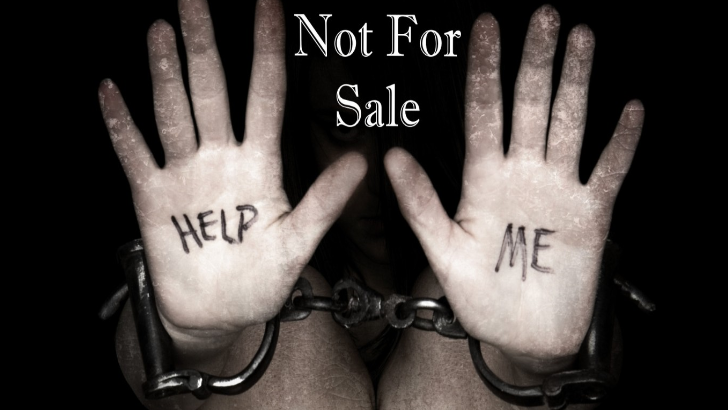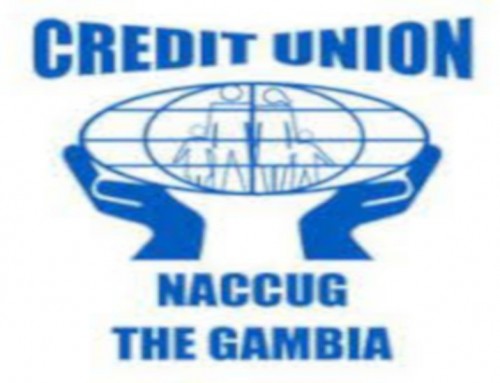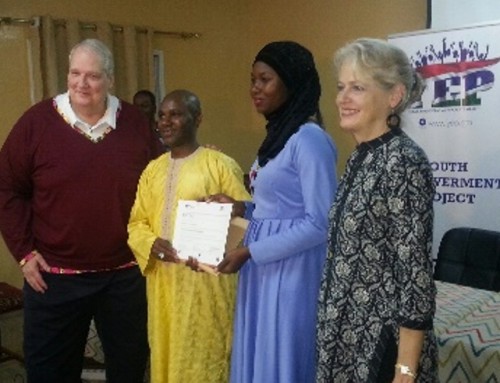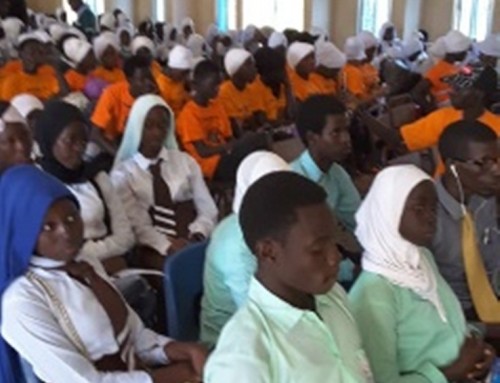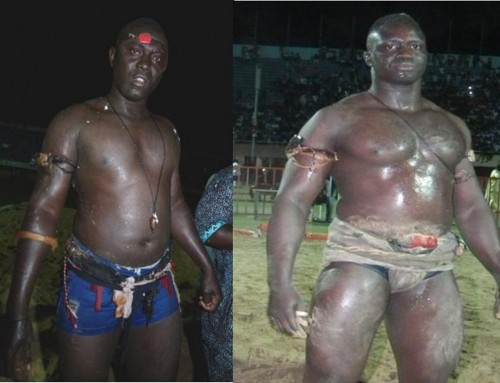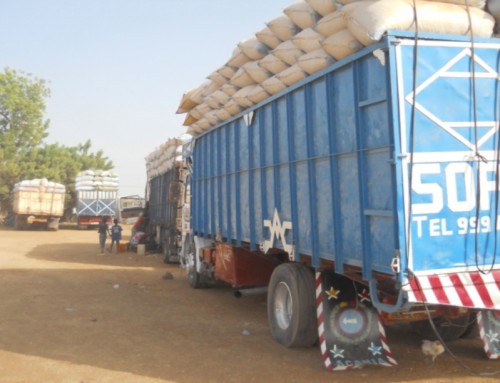
With Aicha
So the Gambian government and the minister of tourism have come with a brilliant idea ; sending Gambian youth to Saudi Arabia and by that getting rid of the unemployment problems at home.
Saudi Arabia is known for ”welcoming” what they call ”guest workers”, and these workers enjoy it so much so they are staying there for up to 10 years…….without being paid.
The male guest workers are working hard as for example builders and with agriculture. If they refuse to work they risk to get shot and killed. The female guest workers are employed mostly as house maids. These maids work up to 18 hours a day, seven days a week. The maids get beaten and abused both by the house wives and the employers. The maids share a hot room where they sleep on the floor . During night time the employers come to rape them and if a maid gets pregnant she can be sentenced to jail for being unlawfully pregnant.
There is an organization called Human Rights Watch (HRW) that made a report of 133 pages about the working conditions for these so called guest workers in Saudi Arabia. They met a woman from Indonesia who was forced to have several fingers and toes amputated because of the abuse she had gone through. Poor and desperate people get convinced by agents that it is great to work in Saudi Arabia. They know about the awful conditions for guest workers but they keep coming back because they have no other option – or because they owe the agents money.
They don’t call it slavery anymore as slavery became forbidden in Saudi Arabia in 1962. The name has changed but the conditions are the same for the workers.
Some of them are bought at some slave markets in Libya, others have come freely and got trapped like flies in a cobweb.
There are laws, even in Saudi Arabia, to protect workers but the laws only concern the Saudi workers, not guest workers. This means that guest workers have no rights, they can be treated anyhow by the employers and the authorities do nothing about it. Saudi employers can accuse the guest workers of theft, adultery and witch craft and they don’t need to show any proof for their accusations. If a guest worker is lucky enough to have his or her passport s/he is not allowed to go anywhere without the employer’s permission which means they can’t leave Saudi Arabia, can’t order a ticket home, can’t walk freely on the streets. If they try to escape and get caught the living conditions will become even worse than before.
This is modern time slavery, and it doesn’t matter that they don’t use the term slavery in Saudi Arabia anymore.
The phenomenom has changed its name but it is just as awful as it has always been.
This is where the Gambian government and our minister of tourism want to send our youngsters!
What are their lives and their dignity worth? Obviously nothing and that is making my blood boil !
Join me on a history tour back in time to 800 A.D.
This is when the arabs began to buy slaves from Africa. These slaves were caught and sold by native African slave traders. The historians believe that around 18 million African slaves were shipped and sold between 1650-1905.
As Islam forbids the trade of slaves born as muslims the arabs began to take slaves elsewhere, like from the southern parts of Africa and some European countries like Italy and Spain.
When the Portugese began to explore the world around the 16th century, they made business with the arabs. This is where they found out that dealing with slaves was a lucrative business. They bought slaves along the African west coast and shipped them to South America. Actually most of all the slaves that were shipped over the Atlantic Sea were brought to South America, not the US as many believe. Other European countries followed the example of the Portugese slave trade, but it all began with the arabs.
Dealing with slaves has existed in all times and in all cultures over the world, but what we have heard of most of all is the Trans Atlantic slave trade. I find it strange but I don’t know the reason why we haven’t spoken about the arabs participation in this awful business.
The slaves were bought by the arabs but they were sold by African kings and chiefs. Dealing with slaves in ancient times was common like in the state of Ghana (750-1076) where a third of the residents were slaves. In Madagascar half of the residents were slaves. In Ethiopia women were caught and sold as sex slaves, in Somalia the ethnic group called bantu are relatives to slaves taken by the Somalians. Officially the slavery in Africa was abolished with the colonialism in the 19th century, Great Britain stopped it 1848.
We have had slavery at most places in the world, even if nothing of it has been as huge as the Trans Atlantic slave trade and the Arabic slave trade called the Sahara route.
Libya is a country in war, where each day is a battle. This is where most of the African refugees and migrants end up on their long and dangerous journey to escape poverty, starvation, war and death. They hope to get a place in a rubber boat that can take them over the Mediterranean Sea and to freedom.
The Libyans are extremly poor so the refugees and migrants who come with their savings hidden in their clothes are a great source of income. It is the law of the jungle; eat or be eaten. There is no empathy, no solidarity, no concern for a fellow human being. Libya is like a battle field and the vultures are waiting for their victims to die so they can rob them. People who end up in Libya are placed in jails where they live under worse conditions than animals. They might get some bread and water once a day. If they get sick they have to recover by themselves or die. Some who are a bit stronger will get sold as slaves at the market. It is not like in the old days where posters were put up over the town telling about the coming slave market. Now the word is spreading from one person to another and when the darkness comes the market opens. A strong young man can be sold for about 5000 dalasi, his body is checked as if you would buy a mule. They want to see that he has strong arms and legs so he can work hard in the fields. Imagine the humiliation! Sold like an item, no value as a human being, no dignity at all.
Dear mothers and fathers in the Gambia, listen to what your hearts are telling you instead of some sugarcoated words from people who have so clearly showed that they don’t care about the future of your kids.
Keep your sons and daughters at home, keep them in their motherland where they are surrounded by family and friends.
Even if life is hard and every day is a struggle to get food at least you are surrounded by people who live like you, look like you and speak like you.
I have lived and worked in Casamance for some time and I was the only one who spoke my language. I was the only toubab there at the time and everyone studied and questioned what I did and what I said. I was fortunate to have a ticket home but I have never felt so lonely and vulnerable as during my time there. It is a good experience for me, as I came out of it mostly unharmed, but I really felt like an alien during that time.
Don’t wait for the government to come with the solutions, you have seen now that they have been in charge for almost 2 years now and not much has happened.
Use your creativity, come together in your villages and speak to each other.
”Necessity is the mother of invention” is an old and true saying. What you really need is to come together and find solutions that will benefit you all. Living in a small country like the Gambia can’t be a matter of competition, you must stay together to become strong. Don’t you see that disunity between you is making you weak? It is easier to rule over your heads if you don’t stick together and say that enough is enough. You did that in December 1st 2016, what happened after that? Dear reader, you were shocked afterwards, and happy of course, but you were for natural reasons not used to democracy so you didn’t know how to deal with it. You were hoping that the new government would come with all the solutions and fullfill your needs that are so large.
That is a natural thing to do, but as time has passed by and you have seen that not enough is done you must become creative.
It is not enough to only protest, you must look within yourself and present solutions. You must demand the government to listen to you and help you to help them. We must all work together to get the Gambia up from the bottom, with determination and creativity we can make the Gambia a great nation.
You must be your own Think tanks because it is obvious that the governmental Think tank has sunk.
Call people to a meeting at a local school so you have access to a blackboard. Discuss with each other what are your needs in your village , not your personal needs, but what can benefit you all. Have someone to write down every idea that comes up. Don’t judge each other’s ideas, allow the creativity to flow.
When there are no more ideas let someone read them out loud, still without judging any idea. Now divide the ideas in to three columns:
1. Urgent
2. Later
3. Save
Decide together which idea to place where in the columns. The first is for things that can’t wait, the second for what can wait until later and the third is for ideas that can be saved. Some of these ideas need to mature and others will never be used. Every column is as important and what is most important is that everyone has had their saying. You are slowly creating a sense of solidarity, of community and you begin to look on what is for the common good and not only for yourself. You need to teach your children this and you need to give the government a lesson. Using your creativity is the solution for the future of the Gambia, not selling your future generation to Saudi Arabia.
Article Views:
115
